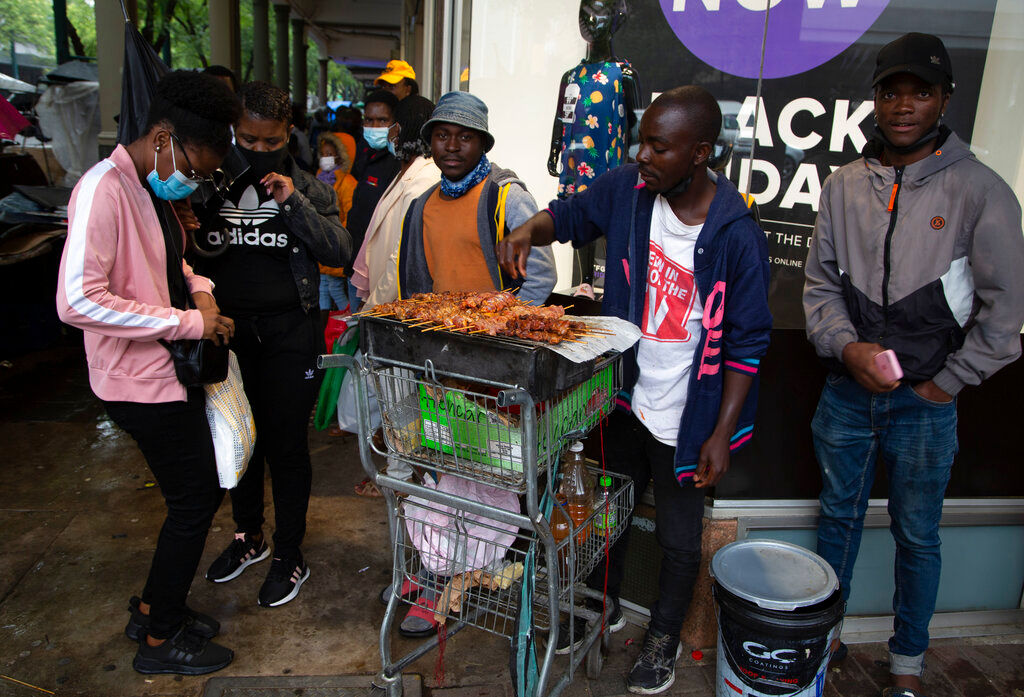A new COVID-19 variant first detected in South Africa was named Omicron by the World Health Organization (WHO). The United Nations body termed it as a ‘variant of concern’.
Initially named B.1.1.529, the variant was first reported to WHO from South Africa on November 24. The first infection was from a specimen collected on November 9.
Also read: COVID travel curbs on South Africa ‘unjustified, draconian’: Health Minister
The WHO said current SARS-CoV-2 PCR diagnostics continue to detect Omicron. Alpha, Beta, Gamma and Delta are currently the four WHO-listed variants of concern besides the Lambda and Mu variants of interest.
How does Omicron compare with other variants?
Talking about Omicron, Chief Medical Advisor to the US President Dr Anthony Fauci told CNN that “there’s no indication” the variant is in the United States right now. “It seems to have been restricted,” but anything is possible,” he said.
Also read: US to ban travel from South Africa, 7 other African nations due to new COVID variant
Dean of the Brown University School of Public Health Dr Ashish Jha said he does not believe the variant will create a situation where “vaccines will be rendered useless.”
“We have seen a lot of variants pop up over the last five, six months, and most of them have not amounted to much. This looks different. It’s acting differently, it looks like it’s much more contagious than even the Delta variant,” he added.
The Delta variant spread rapidly in the US, Centers for Disease Control and Prevention (CDC) indicating that it was about as transmissible as chickenpox.
The new variant has 32 mutations in the spike protein which could increase the fatality despite vaccines.
Also read: WHO cautions against rushed travel restrictions over new COVID variant
“Very high number of mutations is a concern for predicted immune evasion and transmissibility,” said Tulio de Oliveira, from the Network for Genomic Surveillance in South Africa, who has tracked the spread of the delta variant in the country.
Jha said that the Omicron variant cannot be termed ‘more transmissible’ yet.
“This one has become dominant very quickly in South Africa in the regions where it’s been found. Within a matter of days to weeks as opposed to months,” Jha said.
“Now, the number of cases in South Africa is quite low, so it can be for other reasons as well, not just because it’s more transmissible. But the speed with which it has taken off is really unlike anything we’ve seen before.”
Omicron poses a higher risk of reinfection, compared to other variants of concern, WHO officials said in their statement Friday.







